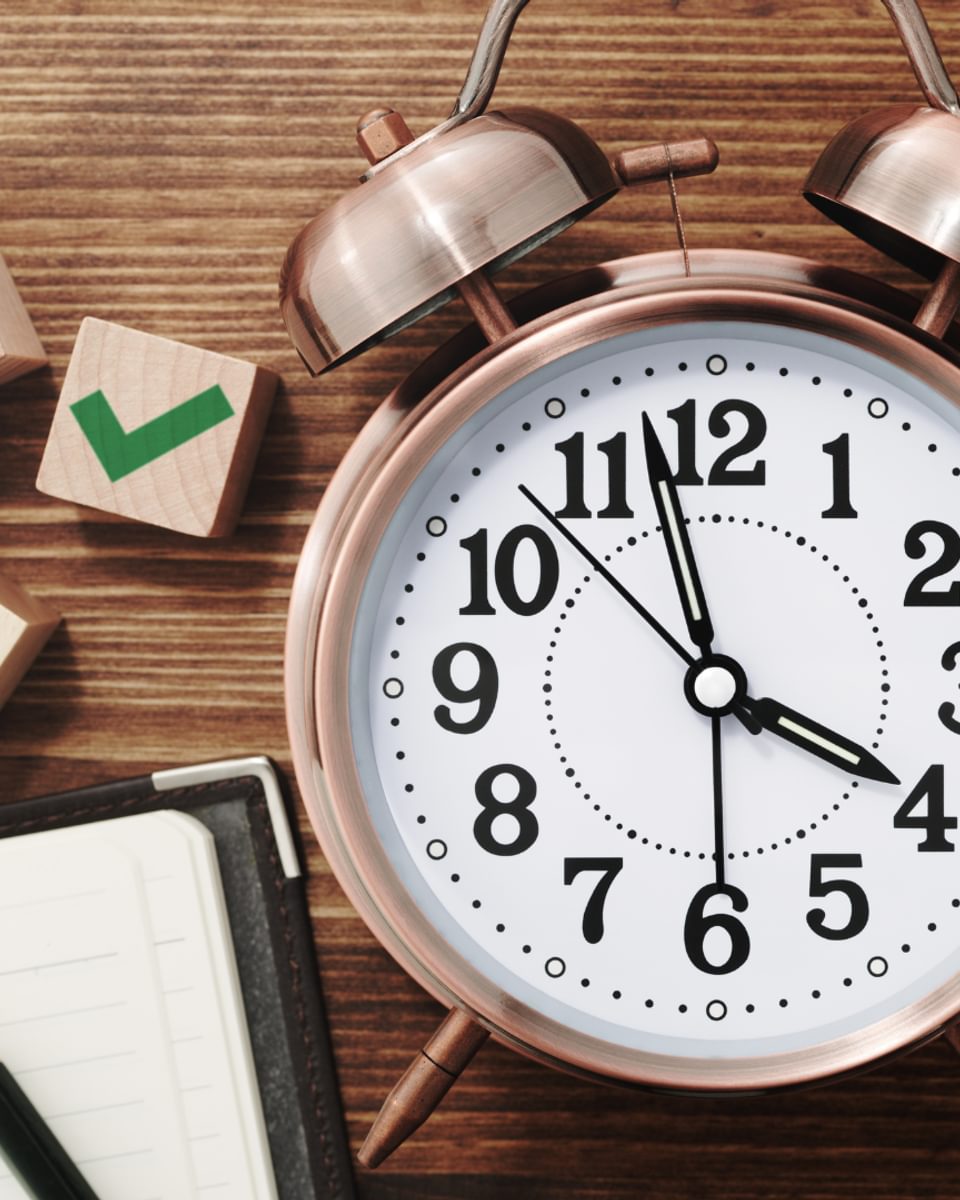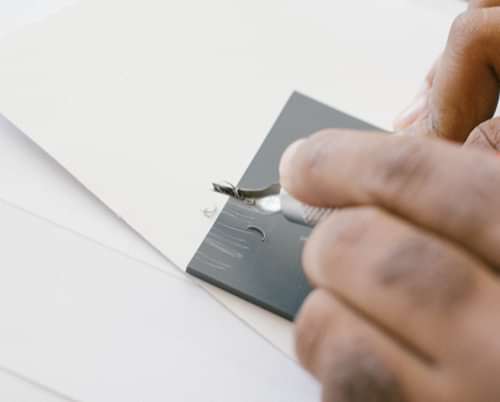
Debate, Then Align
Mary Johnson, Senior Researcher, explores the importance of response time--reflecting on years of conducting customer interviews in which response time remains a hot topic.
FUNDAMENTAL #3: "Be a Fanatic about Response Time"
Respond to questions and concerns quickly, whether it’s in person, on the phone, or by email. This includes simply acknowledging that we got the question and “we’re on it”, as well as keeping those involved continuously updated on the status of outstanding issues.
Quick response time is often the first thing that’s praised when we interview a client’s customers. The opposite is also true, when a customer is ignored and must reach out a second time, it leaves a serious negative impression. I’m going to bet that each of our interviewers in our Customer Experience practice has talked to a respondent in the last day (maybe two) who said a client needs to improve response time. We hear it all the time because it’s key to customer satisfaction, and many companies miss the mark.
Respondent: “They need to respond faster.”
Interviewer: “What is the situation? How does that affect you?”
Respondent: “They don’t always get back to me timely when I call or email. It can take a day or more for them to get back to me, and sometimes I have to reach out to them again. When I get hold of them, they are usually able to solve my problem, but it’s frustrating that they don’t seem to treat my issues with any urgency.”
Interviewer: “What is your expectation for excellent response time?”
Respondent: “I want them to get back to me within an hour or two—same day at a minimum. Even if they don’t have my answer, they need to let me know they got my message, are working on it, and what the timeframe for an answer will be.”
Unfortunately, the conversation above is one that I have nearly every day when I interview our clients' customers. All else can be going well, but if response times lag, it will be noted and weighed. I’ve never heard, “Their response time is slow, but that’s okay because everything else is great.”
Response time is loaded. A non-response is a response. A slow response also sends a message that can feel like, “You’re not very important to me right now.” Everyone is busy, and everyone makes time for the things that are important to them. Telling ourselves we are busy abdicates responsibility. A favorite quote (from Lao Tzu): "Time is a created thing. To say, 'I don’t have time,' is like saying, 'I don’t want to.'”
I think no one will disagree about the importance of response time, but our fundamental, to be a fanatic about response time, enjoins us to be fanatic in our application of the principle: extremely, even excessively enthusiastic. That means having it always top of mind and having a strategy: checking email regularly, building time for responding into our schedule, using the tools technology affords us (e.g., automatic replies), and embracing that responsiveness is necessary to delight our internal and external customers.
“According to the Lead Response Management Study, sales reps that attempted to contact prospects within sixty minutes of receiving an inquiry were almost seven times as likely to qualify that lead as sales reps that attempted contact even an hour later. The study defined qualifying a lead as having a significant conversation with a major decision maker…Studies have shown that if you aren’t getting in contact with your prospects within five minutes of them submitting a demo, or requesting additional information—you are running an exponential risk of losing that prospect.”

Fundamentals
25
Strategex’s culture and values are defined by 25 fundamentals.

Debate, Then Align

Debate, Then Align

Invest in Relationships

Invest in Relationships

Pay Attention to the Details

Pay Attention to the Details
Contact us to see how we can help your business today.
Never miss a beat. Get our latest insights in your inbox.